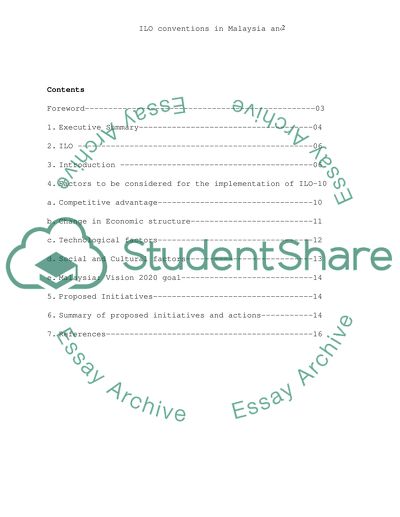Cite this document
(“ILO conventions in Malaysia and Indonesia Essay”, n.d.)
Retrieved from https://studentshare.org/miscellaneous/1522207-ilo-conventions-in-malaysia-and-indonesia
Retrieved from https://studentshare.org/miscellaneous/1522207-ilo-conventions-in-malaysia-and-indonesia
(ILO Conventions in Malaysia and Indonesia Essay)
https://studentshare.org/miscellaneous/1522207-ilo-conventions-in-malaysia-and-indonesia.
https://studentshare.org/miscellaneous/1522207-ilo-conventions-in-malaysia-and-indonesia.
“ILO Conventions in Malaysia and Indonesia Essay”, n.d. https://studentshare.org/miscellaneous/1522207-ilo-conventions-in-malaysia-and-indonesia.


